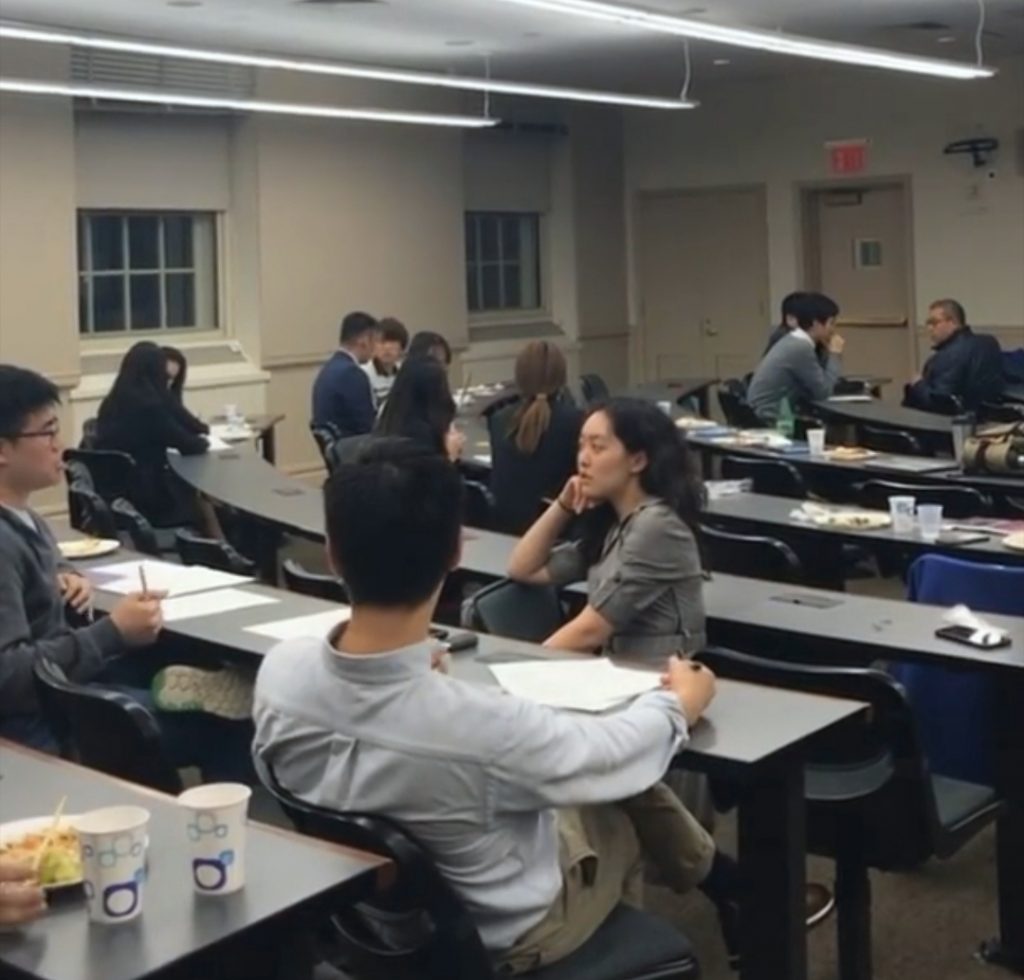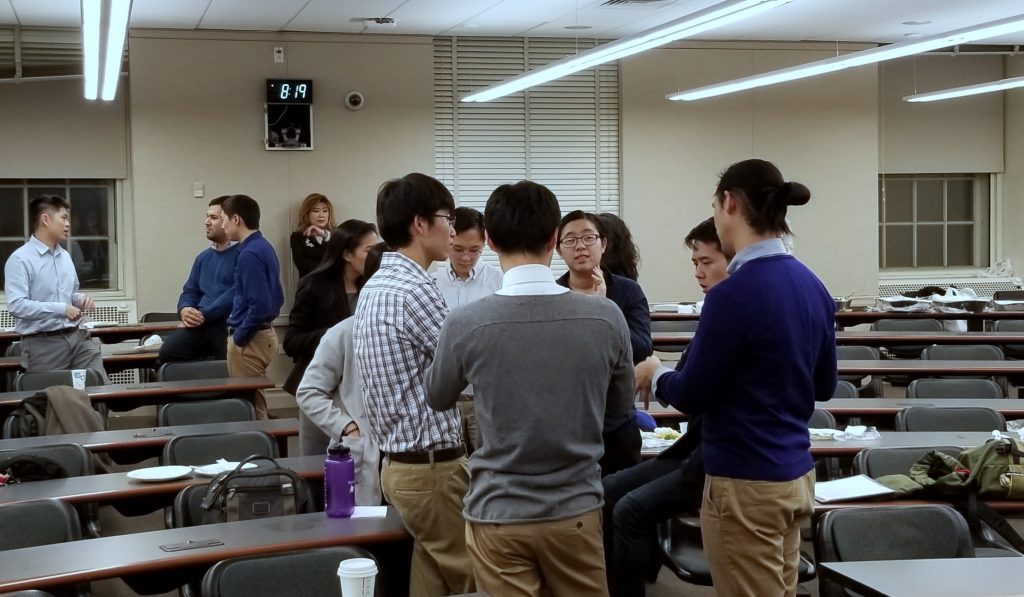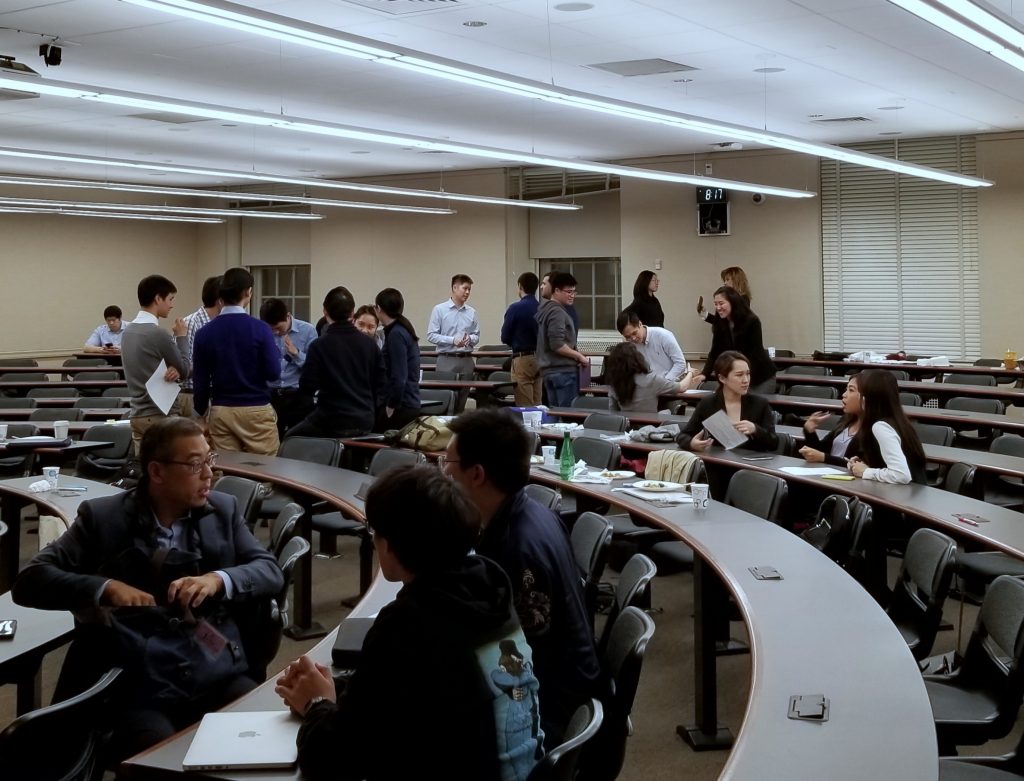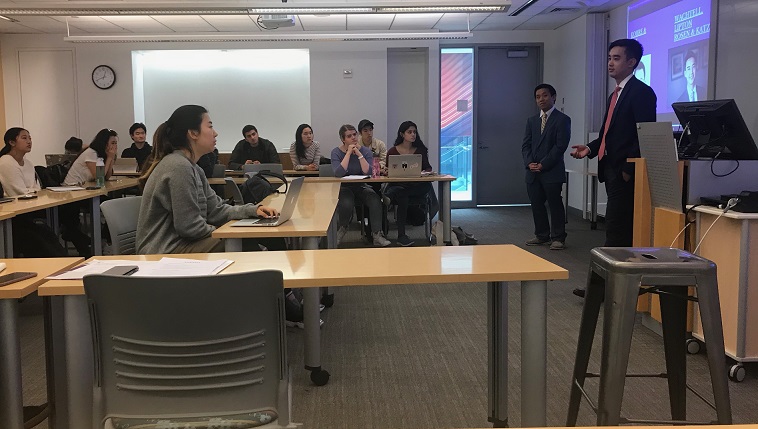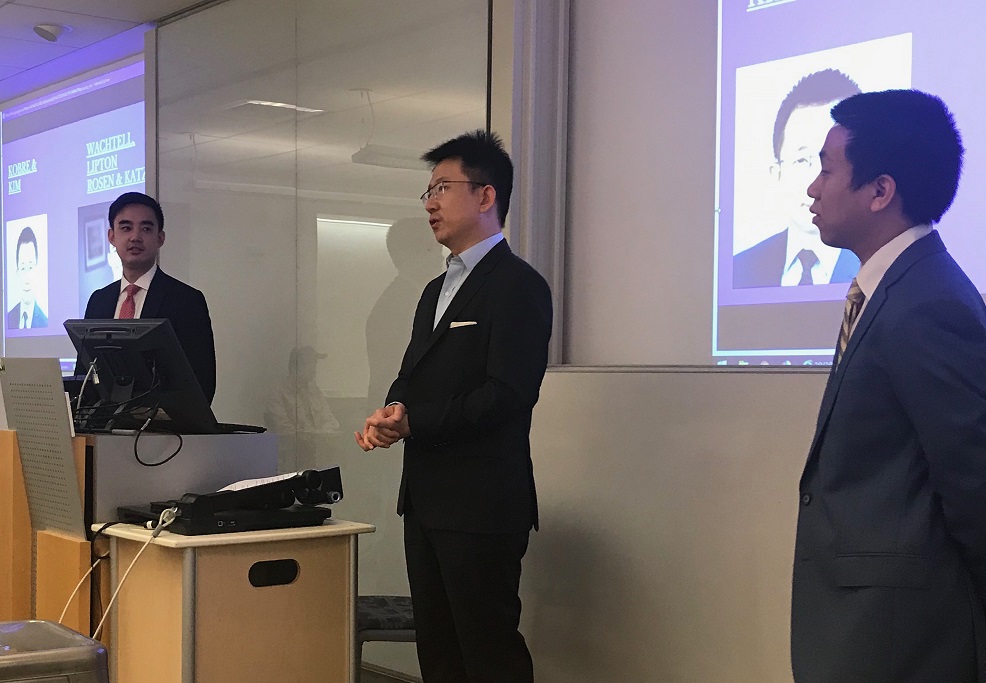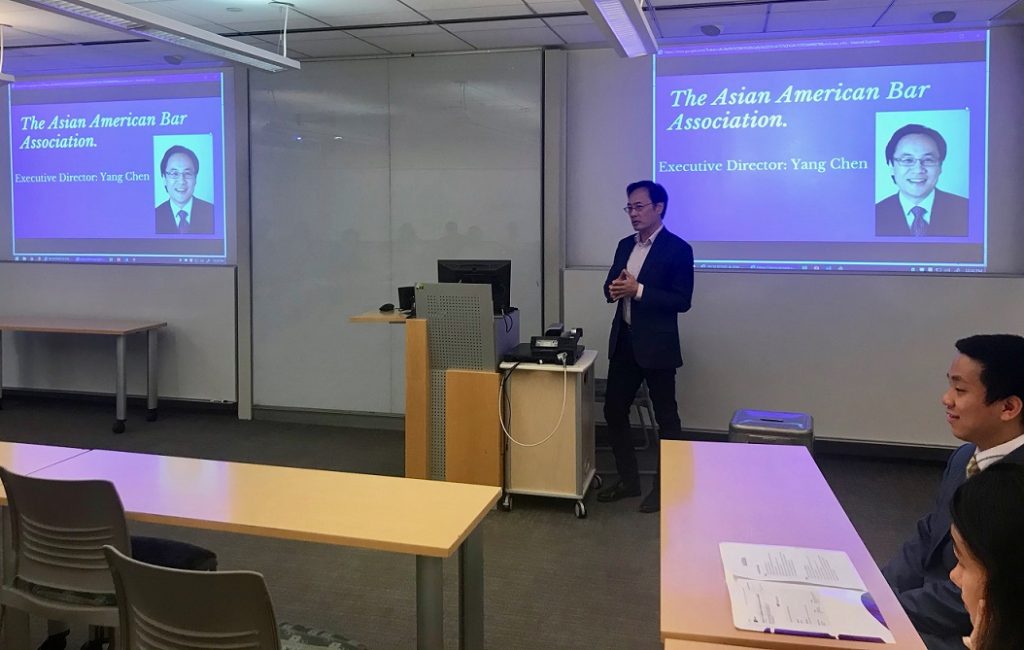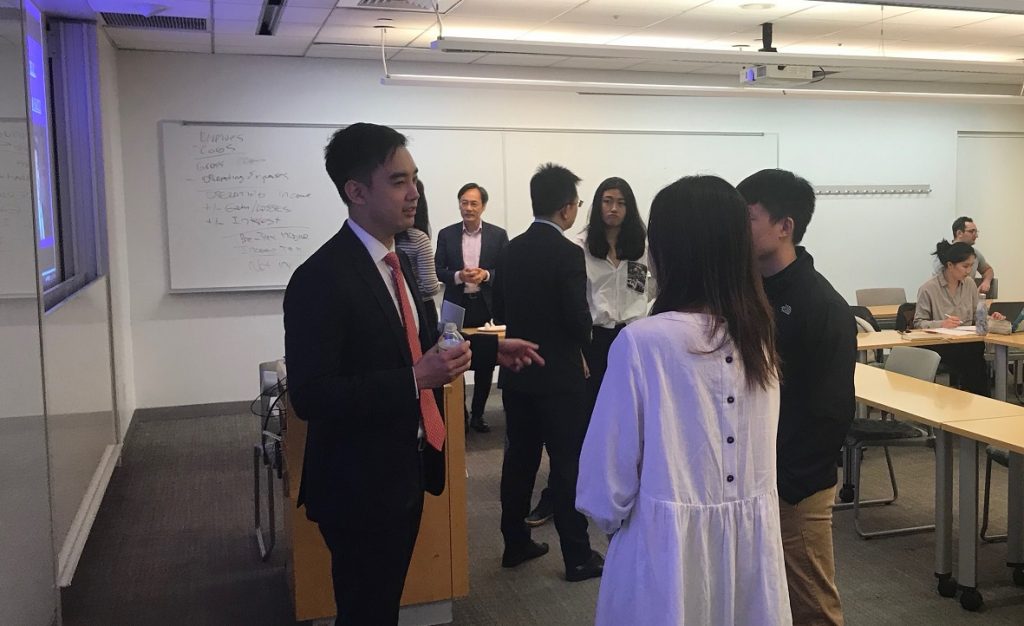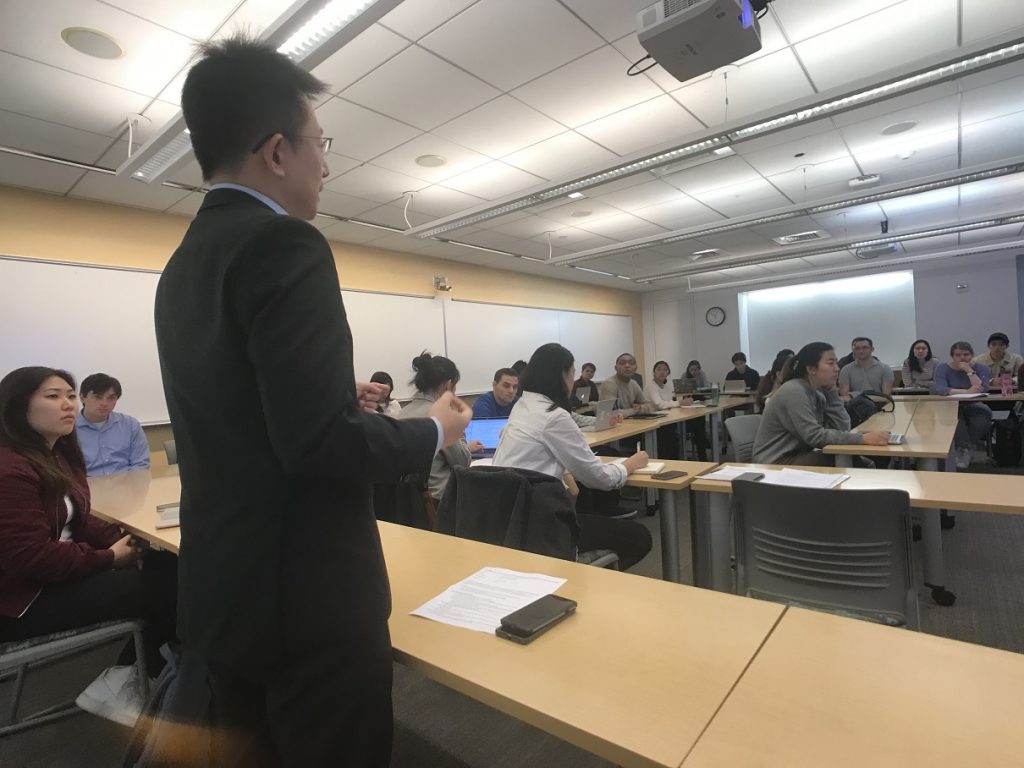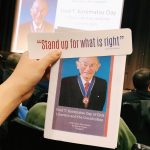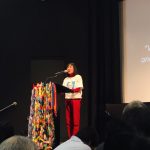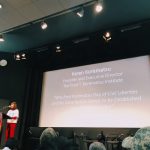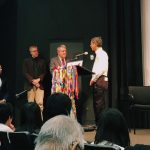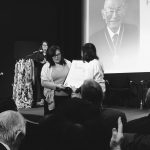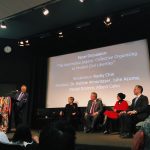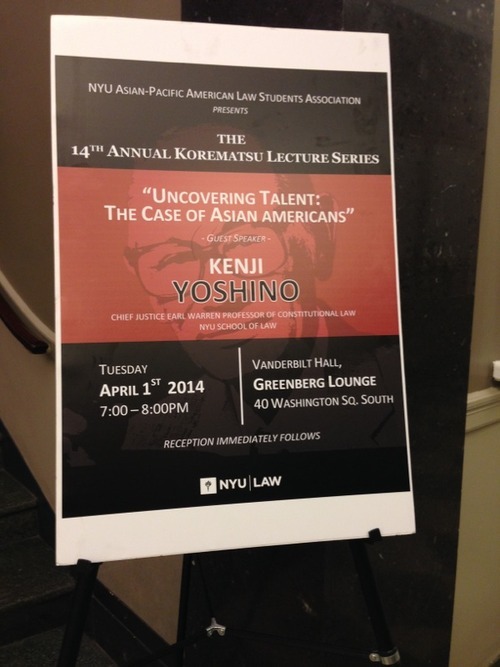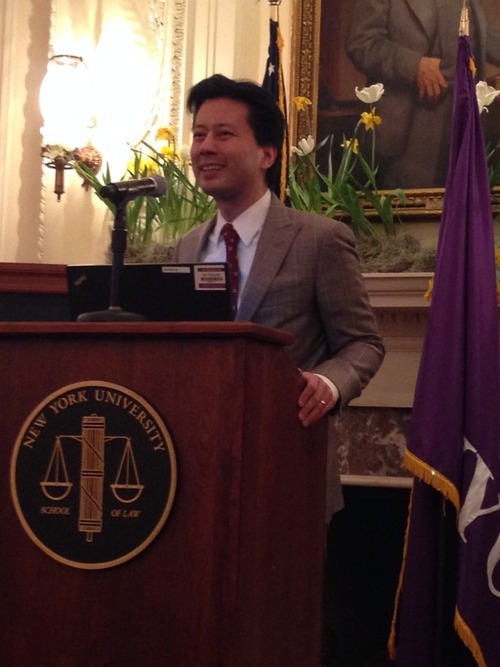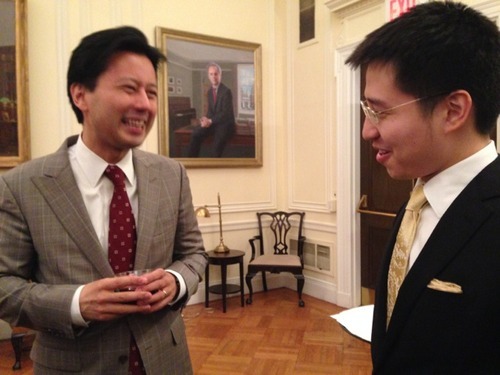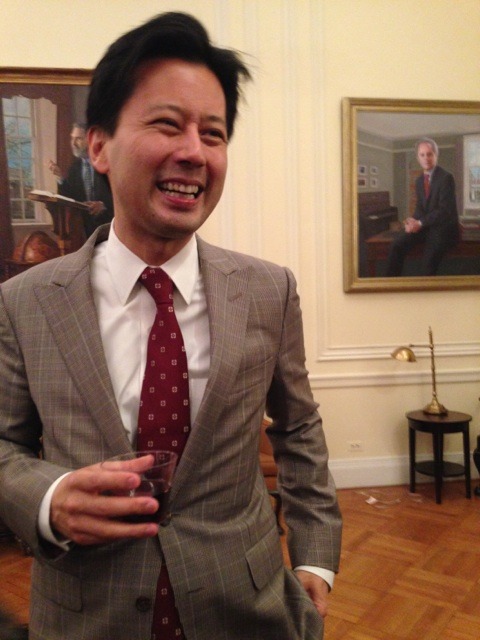
The Asian American Bar Association of New York (AABANY) celebrated the illustrious career of Hugh H. Mo by honoring him with the prestigious Norman Lau Kee Trailblazer Award at their Fifteenth Annual Fall Conference, on October 12, 2024, during the Conference Cocktail Reception that capped a full day of programming. This award, named after Norman Lau Kee—an influential legal and community figure in New York City’s Chinatown—celebrates leaders who have made significant contributions to the legal field and the AAPI community, recognizing attorneys who exemplify the qualities of role models and trailblazers in the legal profession while contributing to the wider community.
Born in Shanghai, China, Hugh immigrated to the United States at nine years old after living in Hong Kong, Taipei, and Madrid. Hugh then grew up on Manhattan’s Lower East Side. His journey into the legal profession started by participating in student activist groups, including the Vietnam War protests and the Civil Rights Movement, throughout high school and college. During his sophomore year at NYU, he was involved in a newly published magazine called Bridge: The Magazine of Asians in America, focusing on the experiences, issues, and concerns of Asian Americans that were ignored by the mainstream media and to mobilize Asians in political empowerment. As a result of his experiences as a student activist, Hugh was imbued with idealism and the desire to make the world a better place. He realized that in order to help Asians in general and in political empowerment, law is the most effective instrument to facilitate change to help people.
Hugh defines law as “advocacy,” to lend a voice to those who cannot advocate for themselves. This belief in the power of the law to help others was a driving force in his decision to become a lawyer. He says, “As a lawyer there is so much potential to help people,” and that realization has shaped his legal career.
From his formative student activist experiences, Hugh enrolled at Boston University School of Law, graduated in 1976, and served as an Assistant District Attorney in the Manhattan District Attorney’s Office, the first Asian American to do so. During his tenure, he mentored then Assistant District Attorney Sonia Sotomayor – who later became the first Hispanic and 111th United States Supreme Court Justice. In Justice Sotomayor’s memoir, My Beloved World, she wrote that she was fortunate to be assigned a second-seat role in her first murder trial, with Hugh as lead counsel. The case was People v. Richard Maddicks, the “Tarzan burglar.” Maddicks committed a series of burglaries and murders in a bloody three-month spree from 1981 to 1982 in Central Harlem, by swinging from rooftops on ropes and crashing through apartment windows with his gun blazing. Hugh and Sonia successfully prosecuted Maddicks in a 37-count indictment charging him with multiple counts of murder, burglary, assault, and other crimes. Hugh ensured her second-seat role was far from pro forma, allowing her to present half of the 40 government witnesses and to draft the opening statement of the case, which Hugh delivered. After a four-week jury trial in early 1983, Maddicks was convicted and sentenced to 62½ years–to–life in state prison. In her memoir, Sonia recalled that Hugh was “a slightly built figure with a booming voice and a big personality to match; a hard driving prosecutor, he was also a gentle family man and an all-around confounder of stereotypes.”
Hugh’s eight-year tenure as a prosecutor was the beginning of a long legal career that stretched almost five decades, in which he fought for and inspired Asian Americans through the power of the law to secure our rights, justice, and fairness. In 1984, he was appointed as Deputy Commissioner in Charge of Trials in the New York City Police Department. At the time, he was the highest-ranking person of Asian descent in New York City government. After four years, he left public service to join the national and international law firm of Whitman & Ransom as a partner and founder of its China practice group.
In January 1994, Hugh established The Law Firm of Hugh H. Mo, P.C., to primarily represent domestic and overseas Chinese clients in corporate, civil and criminal litigation, white collar and financial crimes, government investigation, customs, tax, and real estate matters. In 2023, Hugh received the NAPIPA Life-Time Achievement Award, and his firm was honored with the 2023 NAPABA APA-Owned Law Firm of the Year Award.

Throughout his career, Hugh has always championed the issues and concerns of the AAPI community. He reflects that one of the most common issues Asian American immigrants face is assimilation: adopting a new language, learning new behaviors, being accustomed to new social norms, and fully embracing American culture, and, at the same time, retaining one’s Asian identity, language, and culture. As he learned in high school and college, law is an instrument of change and justice, and for Asian Americans learning to assimilate, it is even more imperative to have Asian representation at all levels of the legal profession.
As a trial attorney, Hugh serves as an advocate to bridge the language and cultural barriers for his Asian clients. His private practice, The Law Firm of Hugh H. Mo, P.C., has represented countless individuals, corporations, and government entities, primarily focusing on clients within the Chinese American community and overseas. Hugh has served as legal counsel for the Permanent Mission of the People’s Republic of China to the United Nations, Chinese Consulate in New York, Xinhua News Agency, N.A., People’s Daily Overseas Edition, and other Chinese government entities and state-owned enterprises over the years.
In addition to his legal work, Hugh founded and currently serves as Co-Chair of the NYPD Asian American Police Executives Council (AAPEX), with the mission to inculcate leadership development of Asian police executives in the NYPD. He was involved as a co-founder of the Asian American Bar Association of New York (AABANY) in 1989, laying a foundation for future generations of Asian American lawyers. He was also involved in establishing the NYPD Asian Jade Society, the Chinatown Health Clinic (now known as the Charles B. Wang Community Health Center) and has served as Board President of the Chinatown Planning Council (now known as the Chinese-American Planning Council).
Hugh’s achievements extend beyond the courtroom. He served on numerous civic and advisory committees, including transition committees for elected officials such as Queens District Attorney Melinda Katz, Manhattan District Attorney Cyrus Vance, Jr., City Comptroller John Liu, and Mayor David N. Dinkins, among others.
When asked about current challenges facing the Asian American community, he reflects on the disproportionate challenges that Asians have to overcome in order to pursue success in the law, including barriers due to institutional racism and the under-representation of Asian American partners in BigLaw, corporations, government, and the judiciary. Hugh maintains that this obstacle can be overcome by “grit, intelligence, and the willingness to rise up to any challenge.” Success is possible for anyone who dares and dreams with determination. Hugh’s career offers even more hopeful insight: every day is a new opportunity, because every day brings a new challenge. But, in his words, “challenges are meant to be overcome.”
He has opened doors for Asian Americans in law and inspired others to pursue justice and community advocacy. Accepting the Norman Lau Kee Trailblazer Award, Hugh reflected on the importance of uplifting the AAPI community through representation and leadership.
“We all represent not just our clients and ourselves, but our community,” Hugh said, emphasizing the role of Asian American lawyers as bridges for first-generation immigrants. His message resonates as a call to action for future generations to embrace challenges, strive for excellence, and contribute to a more equitable society.
The Norman Lau Kee Trailblazer Award recognizes attorneys who exemplify the qualities of role models and trailblazers in the legal profession while contributing to the wider community. Hugh’s journey serves as an inspiration for overcoming racial barriers, bridging communication and cultural gaps, and rising up to face all challenges and converting them into opportunities for continuing success and achievement. As a trailblazer in the legal profession, Hugh’s legacy is a testament to the power of determination and service. As he puts it, “We should be defined not by one or a few achievements, but by a multitude of achievements. We should not be defined by our worst mistake but by the sum of our collective accomplishments. … I don’t believe a person should be defined by their magnum opus. It is a successful life journey that counts.”

Written by Lui Montes, AABANY Legal Intern, Fall 2024.


